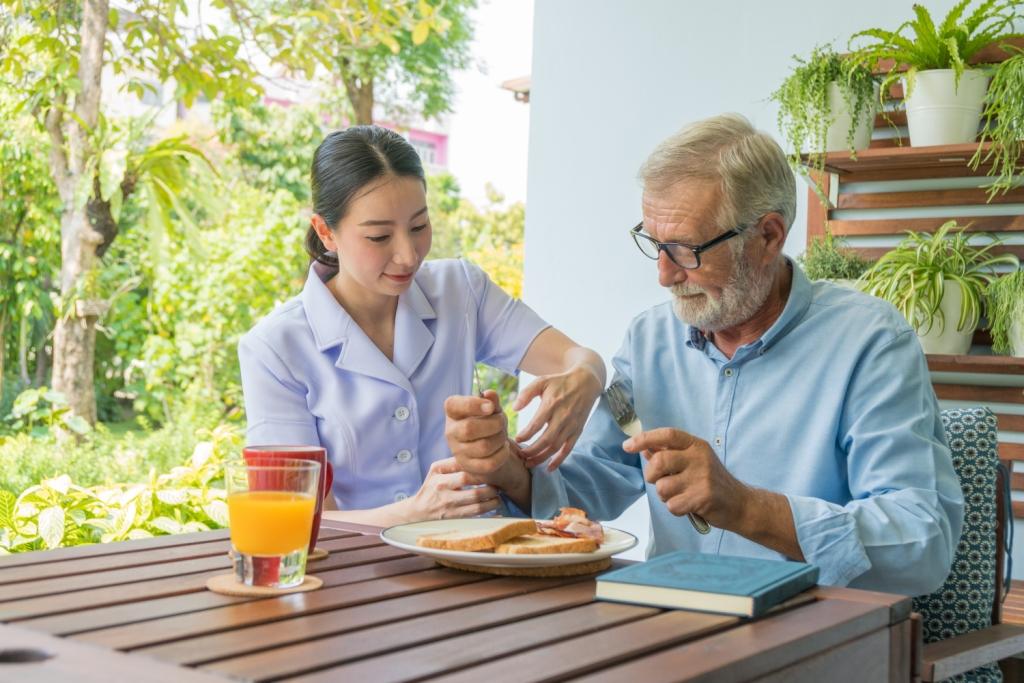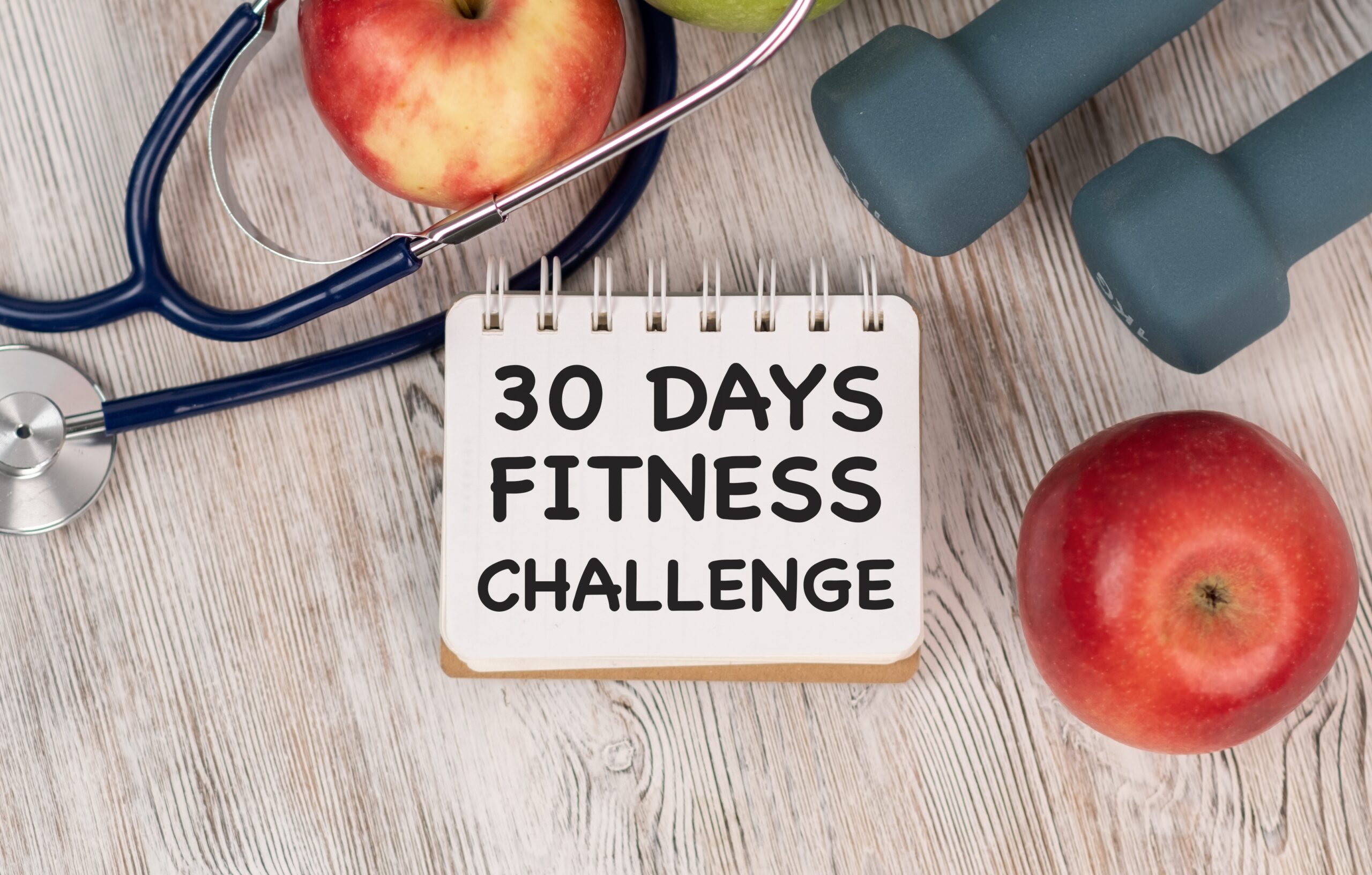One of the biggest factors in the speed of the wound healing process is adequate nutrition – especially dietary protein.
Protein is used to build and repair tissue, and it also makes enzymes, hormones, and other chemicals in the body.
When the body is charged with healing a wound, more protein than normal may be needed for proper wound healing. It’s suggested that elderly people have a baseline protein intake of 1 gram per every 1 kilogram of body weight. For patients with pressure ulcers, that number rises to 1.5 g/kg, and it could go up to 2 g/kg if multiple wounds are present.
Having blood work evaluated by a doctor will be able to determine your protein intake needs.
What Proteins Are Best to Eat?
It’s best to eat what’s called complete proteins – proteins that contain all of the essential amino acids. The best source of complete protein is a whole egg. Other good sources include beef, poultry, fish, milk, cheese, yogurt, and soy products.
Strategies to Boost Protein Intake
If you’re either not getting enough protein, or you need to boost your levels, here are some tips to add more protein to your diet:
- Add diced meat to soups and salads.
- Sprinkle milk powder in scrambled eggs, oatmeal, and mashed potatoes.
- If you have a sweet tooth, choose desserts with egg as a base or an ingredient (like custard).
Protein powders and liquid protein can also be taken as supplements, but you should consult your doctor to get a specific amount to take before doing so.
Other Vitamins That Promote Good Wound Healing
At the onset of a wound, you’ll want to boost your vitamin A and vitamin C intake. As it heals, add glucosamine and zinc.






